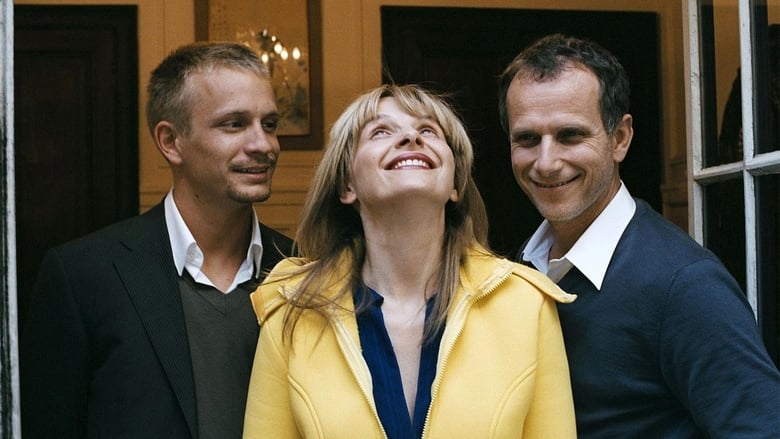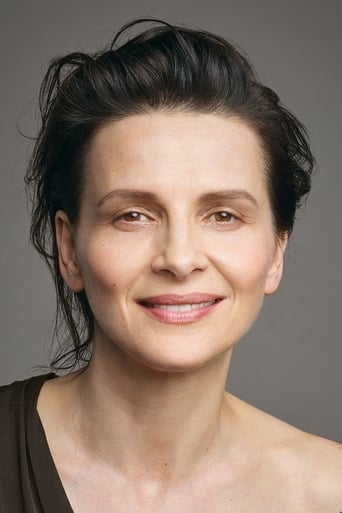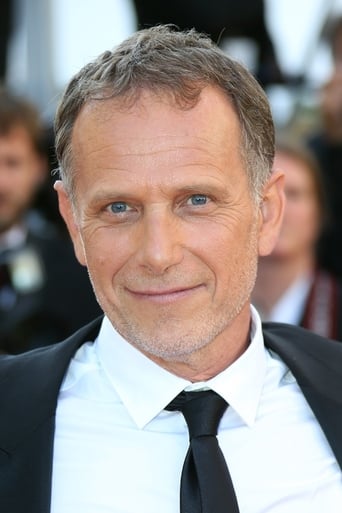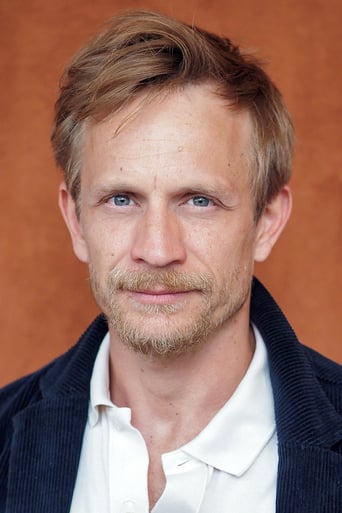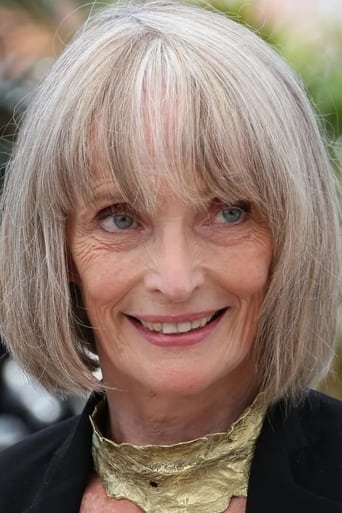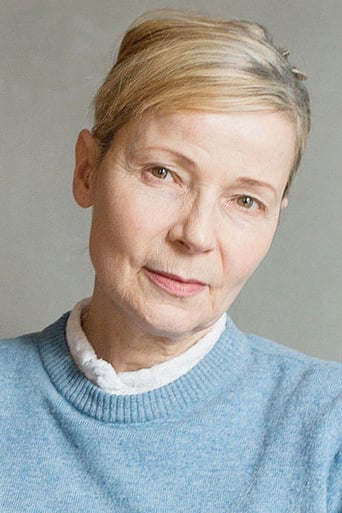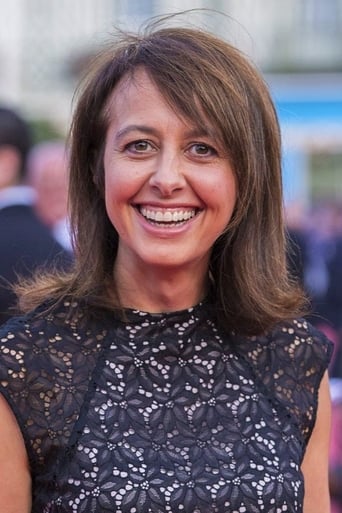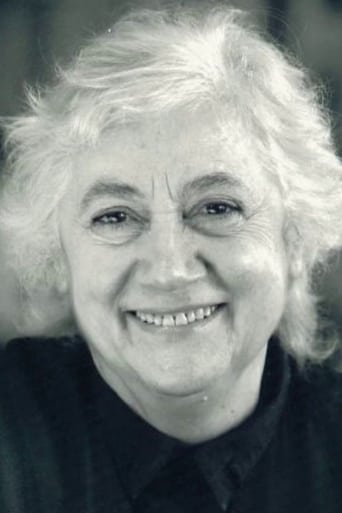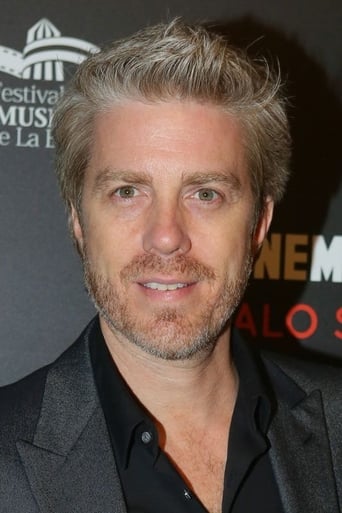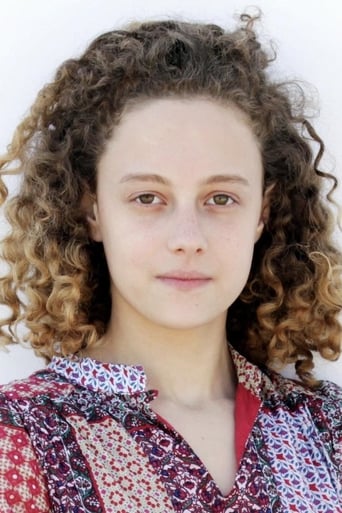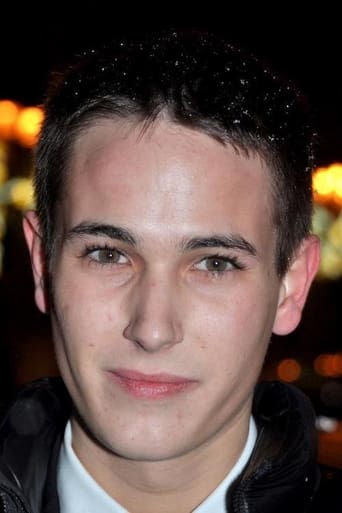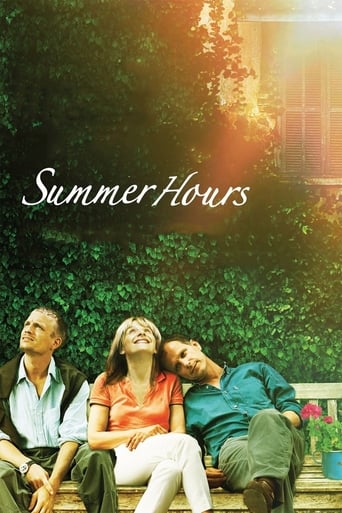
After the death of a septuagenarian woman, her three children deliberate over what to do with her estate.
Similar titles

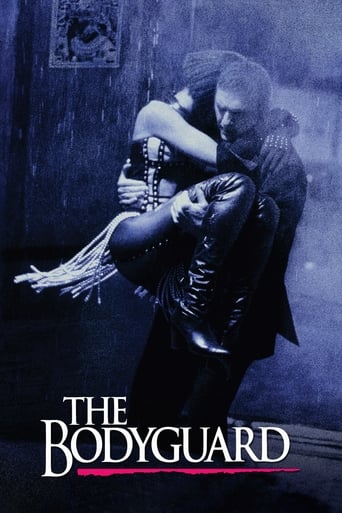
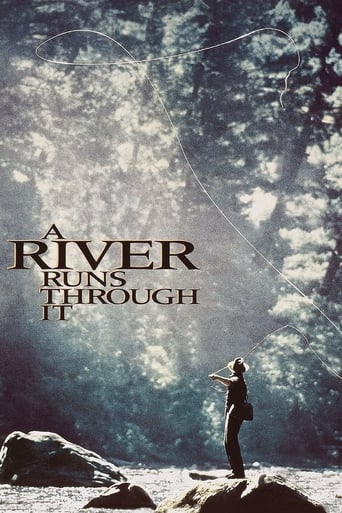


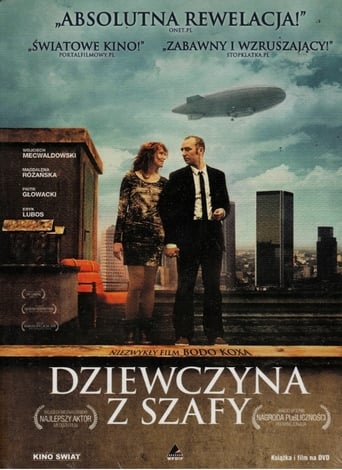

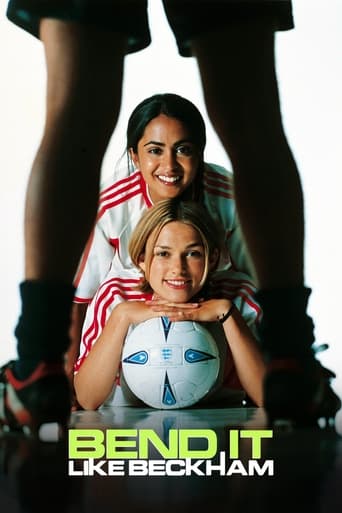
You May Also Like
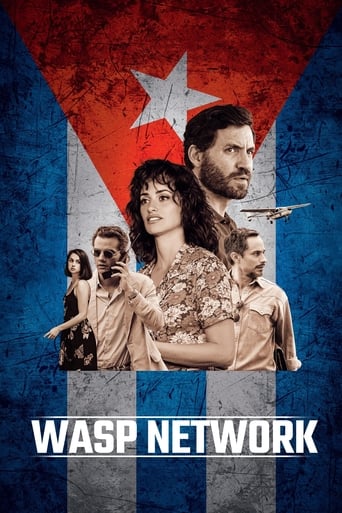
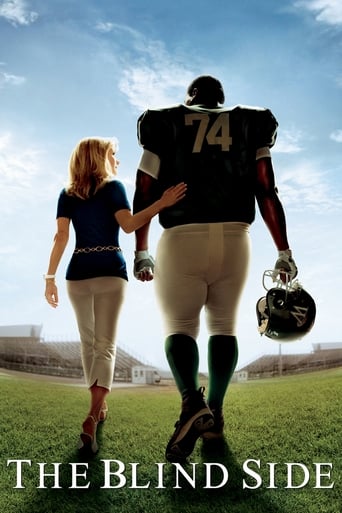
Reviews
Terrible acting, screenplay and direction.
Boring
The story-telling is good with flashbacks.The film is both funny and heartbreaking. You smile in a scene and get a soulcrushing revelation in the next.
The plot isn't so bad, but the pace of storytelling is too slow which makes people bored. Certain moments are so obvious and unnecessary for the main plot. I would've fast-forwarded those moments if it was an online streaming. The ending looks like implying a sequel, not sure if this movie will get one
Hélène is the matriarch of an extended scattered family. She lives in the country outside of Paris where she has kept valuable art from a famous artist uncle. She has two sons and a daughter. The family gathers for her 75th birthday but at the end of the day, everybody leaves. The family has worked to keep the artist's legacy including a new art book and a world tour where Hélène does talks. Later, she passes and the family has to deal with the inheritance. The eldest Frédéric Marly wants to preserve the home. Adrienne (Juliette Binoche) is a famous designer in NYC. Jérémie is in China as a supervisor in a shoe company. They have to come to terms with the lost of their treasured memories.It's French. It's talky. It's sincerely adult. It's family. When the siblings are all in one place, there is a feeling of a real family talking in a real way. The movie can drift from scene to scene. There is one standout among the third generation. She closes the movie in a profound scene. It's a family film in the truest sense.
My only previous Assayas' approach is Maggie Cheung's Cannes BEST ACTRESS nabbing feature CLEAN (2004, 7/10), and for most Chinese media, Assayas seems to alway been in an ill-fated personage as Maggie's ex-husband. But his works matures splendidly with finesse and sobriety (from CLEAN to SUMMER HOURS), the latter resounds a similar pace of meditation and quietude as Hirokazu Koreeda's STILL WALKING (2008, 8/10), tackles with a slice of family life, with a contemplation towards the domestic heredity, globalized opportunism, alienated generations and art conservation. In dealing with a sentimental demise of a bourgeoisie matriarch, who resides in a suburban villa near Paris with all her uncle's art menagerie and his worthwhile sketching books (apparently he was a renowned painter himself and an unspeakable family secret), Assayas infills an indefatigable stamina to keep all the delicate matters in a civil restraint, the contradiction abounds among three siblings in regard to keep or sell the villa; and the proceedings of donating valuable art pieces has also been a bumpy road; for the elder son, he also has teenage children to worry about, and last but not the least, his abiding remembrance of the past is the most poignant blow to one who can fit into his shoes under the circumstances.The show has never been slid into a thespians' melodrama notwithstanding the fact that its indulgence of a top-billing Gallic cast, a blonde Binoche incarnates a very light-touch casualness as the metropolitan daughter, living in USA and dedicates herself more in bringing the work of art abroad for the international exposure; Renier, the younger son, finds both an opportunity in settling down in China and an exigent situation in which the profit of selling the villa couldn't come as timely as possible. While these two are soon-to-be-goners, without a pinch yearning for their homeland, the liability all falls on the elder brother (Berling), whose true-to-life embodiment of his character anchors the film's backbone in a concrete formality, it is a prickly situation will come about to anyone eventually. Edith Scob, as the deceased mother, whose first 30-minutes appearance contrives to establish herself as an indomitable shadow encroached by the past, when she is gone, something else will be taken with her together and forever, Scob is pitch perfect in her role's demanding of the physical infirmity, an unswerving mind of knowing her time is up and the duty as a bequeather.I have not conceal my preference to this quiet, reflective lifelike imitation than other more grandstanding razzle-dazzle, it is a simple film with a concise message delivered eloquently by the mastery of Assayas who auspiciously shoulders on the privilege of an auteur not only in the French terrain, but also as an international landmark, like many of his precedent compatriots.
This is quite the solemn experience, much like Antonioni's "L'Avventura". A family gathers around the grand-mère of the family in the country, the keeper of artwork by a great, late artist. She keeps telling her children what should go where once she's gone, too. The family image is special, and the direction is sublime in the extreme; where my Hollywood sense of watching films is painfully blown-up, I felt that this film told it like it should be, in a way; it took me on a journey. I could not help but feel that part of it was filled with symbolism and free will, real characters and a sense of laissez-faire. The direction is so very simple, yet I think it's sleight of hand; it's probably really hard work behind this. All in all: beautiful.
"Summer Hours" begins, appropriately, with hordes of children running joyfully through a garden. They're on a treasure hunt, following a map written in invisible ink.Director Olivier Assays then introduces us to Helene Berthier, an elderly woman whose children and grandchildren have gathered at her home in rural France. Helene was once romantically linked to a character called Paul, a now dead artist who was renowned for his paintings.Helene's home is filled with both Paul's work (a vast collection of priceless art) and more mundane personal items which nevertheless have tremendous sentimental value. One photograph, for example, features an older generation of Berthiers sitting at a table exactly as the current generation are. As the film unfolds, Assayas lays the groundwork for various heavy themes: the way what we "treasure" changes as we age, how art and objects tie people to the past, the relationship between art, globalisation and commerce, the seemingly arbitrary and shifting "value" of objects, the question of what defines art and what makes art meaningful, how spaces are "deterritorialized" and "reterritorialized" under capitalism, how objects transform as they move from space to space etc etc. You might say this is the "rural" version of Assayas's "Demonlover", "Clean" and "Boarding Gate", but whilst those films focused on the way humans are stripped, sold, traded and pushed around under techno-capitalism, "Summer Hours" focuses almost entirely on man's fluctuating relationship with both inanimate objects and product.Early in the film, Helene reveals the reason for calling a family assembly: she wants to discuss the fate of the family estate after her death. Frederic, Helene's eldest son, is an economist, and is the only family member who wishes (for sentimental reasons) to hold on to the estate and its artwork. Daughter Adrienne (a product designer) and younger son Jeremie (who works for a mega corporation in Shaghai) both want to sell the estate. It's of no value to them, they won't be able to visit it as they work far abroad, and it simply isn't economical to maintain. Frederic doesn't agree with them at first, but gradually the practical needs of commerce infringe on his desire to hold on to the past. Reluctantly he agrees with them. Significantly, Adrienne, the product of a system which destroys the past and sells nostalgic copies, makes tacky ceramic ornaments based on the designs of her uncle. Assayas stresses that the children are all ultra-modern bourgeois, part of a "new France" that is beholden to the demands of the global market and that is gradually losing ties with its traditions and heritage. Casual remarks highlight this theme: characters speaking of new companies popping up in their village, once taboo romantic relationships accepted as the norm, the fact that Adrienne lives in two of the citadels of Global Capitalism (New York and Japan), the fact that Jeremie is moving his family to China to better manage a mass production shoe factory and the mention that Jeremie's children will learn English and not speak French (thereby cutting them off from their cultural roots). Ironically, it's the one economist in the family who can't cope with the way his family, culture and historical treasure trove are being torn apart. Frederic frequently states that he believes the "economy as a functional system" is a myth. He recognises that economism is the new global religion, in which the world is reordered in the service of irrational and incessant growth. The dominant theology of this religion is neo-liberalism, which aims to make the whole world a single market, national boundaries no longer a factor in economic affairs. Unlike most religions, economism looks to growth for salvation, salvation being "freedom" from poverty and the ills that accompany it. When it is pointed out that the "new religion" has not in fact done much toward reducing poverty, believers are told that they must be more faithful to the precepts of the religion. Of course while the believers wait, the machine's greed outgrows the capacity of the real economy to satisfy. In response, the great centres of finance get the governments of the world to make available to them, by privatisation, all of their possessions. But still this does not suffice! How could it? Debt based Ponzi schemes cannot be satiated. And so the market becomes increasingly abstract, debts ignored or traded as "value" whilst virtual economies balloon to something like five times the size of the "real" economy. The end result is the world Assayas' characters find themselves in: groundless and always moving to keep the whole sham from collapsing.In one scene, Frederic proudly displays paintings for his children, telling them that one day the collection will be all theirs. But though his kids look up at the artwork with indifference, implying that they are "cut off" from the "treasures of the past", Assayas is careful to show that Frederic is himself deluded, unable to look upon the pictures without bias. His pleasure is clearly less about the aesthetic qualities of art/past, than it is about family legacy, memory and the continuation of a family history. His children, able to look at the paintings without bias, simply dismiss them as old-fashioned. The result is that the film manages to mourns the obliteration/repackaging of the past whilst also questioning if anything is really being lost. Does the worth of an object reside only in the historical and familial remembrances of concerned individuals?The film ends with a sequence which mirrors its first shot. Here Helene's granddaughter looks on at the abandoned family home, trying but failing to position her body such that it recreates a "painting of the place" that Paul once did. It's a deeply sad ending; no longer connected by shared place or possessions, the modern subject is both adrift and defined by loss. 8.9/10 – A great film, though perhaps too word oriented.
Top Streaming Movies











